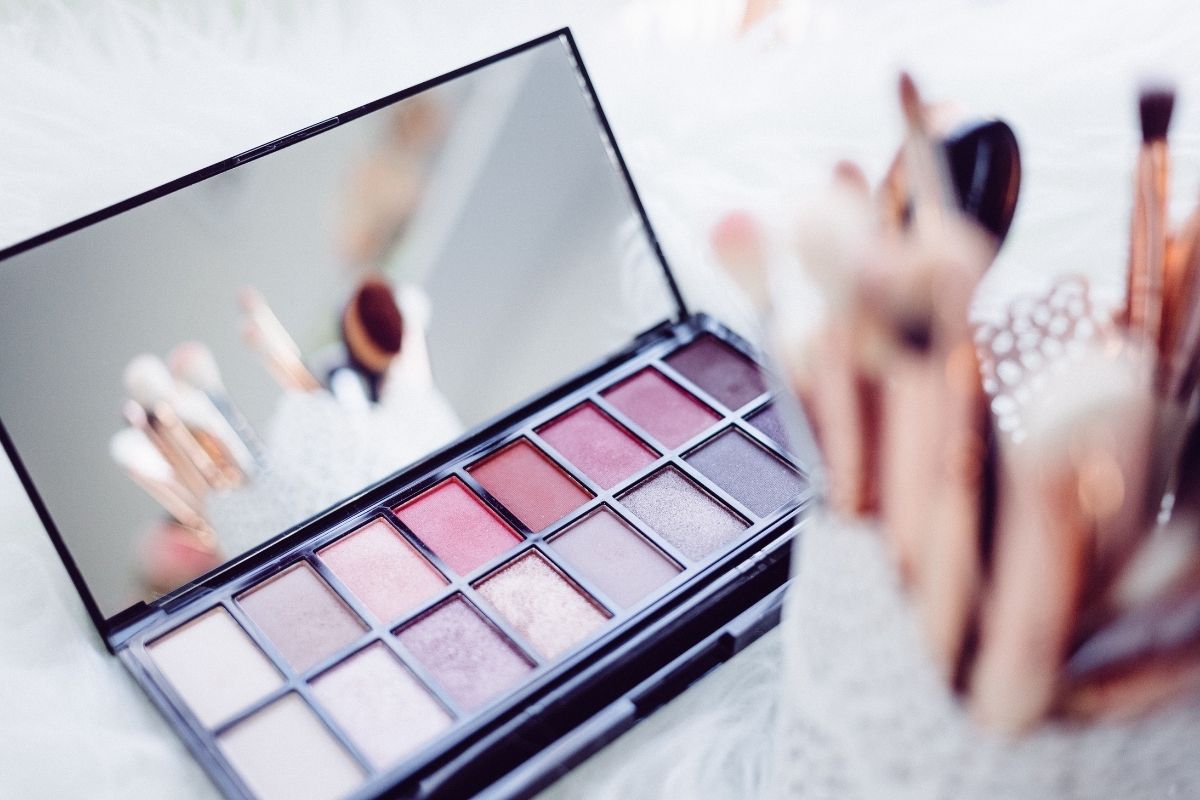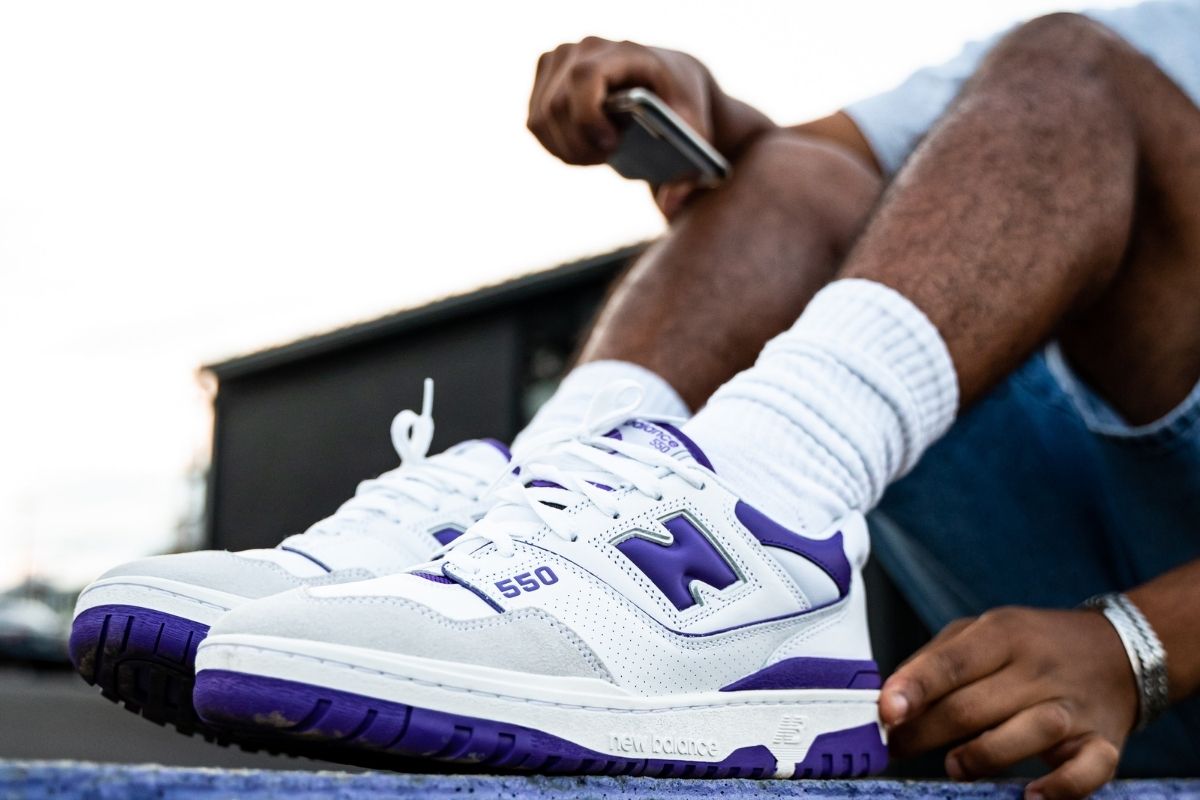Beauty Writing for Print Media: Beauty Writing is Hard!
When compared to the exciting and timely stories generated from the front lines of global conflicts, beauty stories can seem tedious and not newsworthy. How can a writer take a story about makeup and make it compelling, engaging, and captivating?
10,000 Words vs. 500 words
One beauty writer found incredible struggle trying to write a simple story on mascara. Her husband, also a journalist, reports from the front lines of conflicts around the globe. While he is off doing exciting things, she is struggling to make mascara interesting. “I was working on a mascara story,” the writer says, “And I had to find a way into this story that was interesting. I had to find a way to make mascara compelling and captivating, and I had to raise the stakes. And I sat there with these tubes of mascara at my desk trying to think, like, how can I make this interesting?”
When her husband returned from the war, they had an ongoing debate about which was harder to write. Is it harder to write 10,000 words about a conflict in the Middle East or 500 words about a tube of mascara, which nobody really wants to read about? They just want to wear it, and they want to feel good. And this debate has gone on for ten years. Even her husband eventually agreed that beauty writing is hard. A man who goes to the front lines of war and writes 10,000 words describing it, could not get five words out about why mascara was interesting or exciting.
Bottom Line: Beauty Writing is No Small Feat
Writers who are looking to pursue or upskill their career in the Beauty industry, take note. Beauty writing is one of the most challenging fields.

